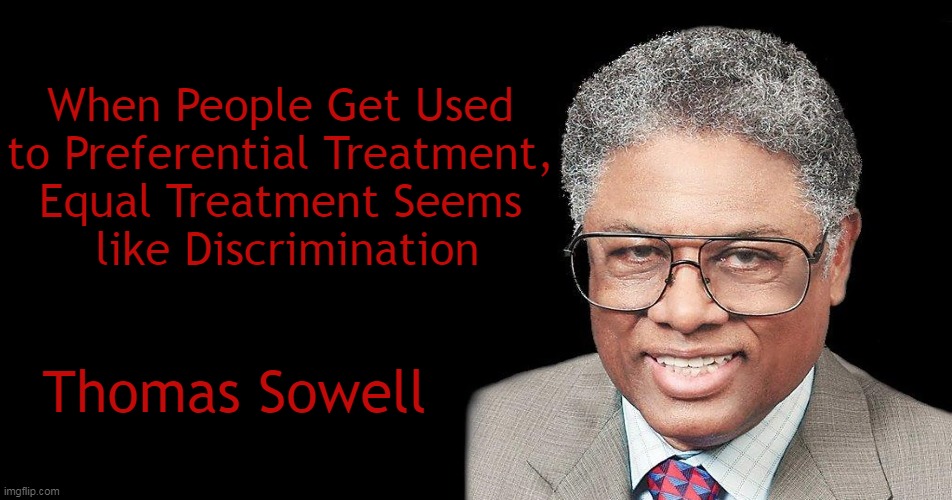
The story is a comedy of errors, poking fun at how the police's assertion of their importance screws up the peace of an already peaceful village.
The small township of Porpandhal is so peaceful that it has received Best Village awards for years. There is no crime, and the police station sees no need to open on Sunday. The four policemen there lead cushy lives, working from 9 to 5 and playing board games all day.
The police HQ takes notice. It plans to shut down the station and transfer its staff to Ramnath, an area notorious for serious crimes. The policemen panic. They try to justify their presence by creating petty issues here and there.
Little did they expect what would finally pander with their little tweaking. They send out a petty thief to steal the village committee's collection monies, making the police appear as heroes when they retrieve the loot later. They hoped this would prevent the police station from closing and allow them to maintain their leisurely lives.
When the police tried to intervene by making the temple priests as mediators, a stash of dirty magazines was found planted in the temple grounds instead, angering the temple committee members. They, too, go ballistic against the rest of the villagers.
At the end of the day, the once exemplary peaceful village now becomes a war zone. Everyone ends up in arms against one another. The policemen, though, get their wishes fulfilled. They stay put.
Everyone is trying to prove their worth. A doctor is worth his degree only if people fall sick. A mechanic will be out of a job if everyone's vehicle is maintenance-free and immune from breakdowns. In the same way, lawyers will be jobless if no one runs afoul of the law. Lawyers may also turn a non-issue into a national crisis; leave it to them. The same goes for the police, too; so much power and nowhere to flaunt it can be pretty intimidating.
Respect is earned. People are free to respect each other if they think their existence is respected. Try greeting a random guy on the street. Invariably, he would reciprocate your salutations unless he suffers from paranoid schizophrenia or believes there is a catch.
The lesson learnt here is that everything is honky dory when each other's liberty is respected. He flips when one's position is threatened or feels he is taken for a pushover. The suppressed reptilian mind awakens, and like Pandora's Box, evil thoughts and actions will be unleashed. All shields will be up to ward off anything that resembles hostility. The societal-imposed social inhibitions go out of the window!
google.com, pub-8936739298367050, DIRECT, f08c47fec0942fa0















.jpeg)
.jpeg)




